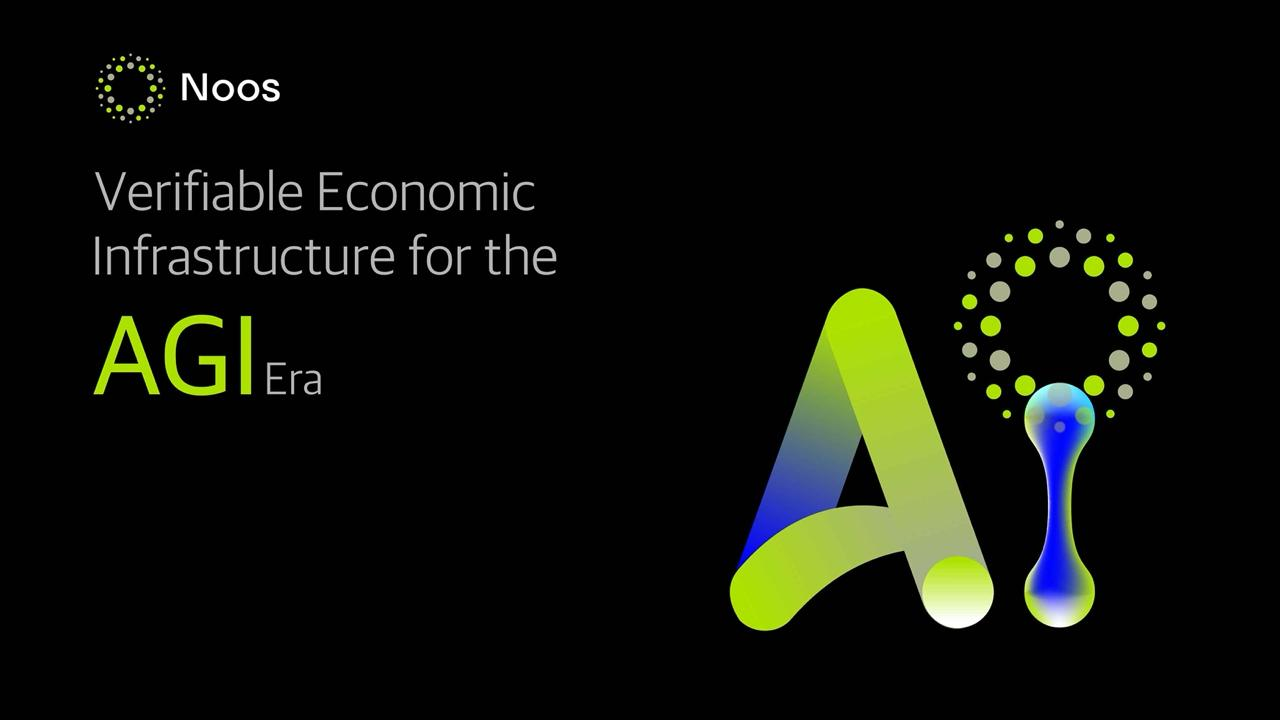Author: CryptoSherry
October 12, 2023
The rise of decentralized finance (DeFi) has transformed the financial landscape, offering innovative ways to invest and earn in the digital world. However, DeFi can be unpredictable, particularly during market downturns, leaving investors searching for stability. Enter Real World Assets (RWAs), which are set to revolutionize DeFi. RWAs provide a fresh source of reliable yield, countering the traditional DeFi (TradFi) model that relies on on-chain activity. RWAs, such as real estate and bonds, are off-chain assets tokenized for DeFi, delivering steady returns backed by real-world assets. This innovation bridges the gap between decentralized and traditional finance, unlocking a sea of opportunities in the digital economy.
Understanding RWAs: Tokenizing the Real World
RWAs, represent a groundbreaking development in the realm of decentralized finance (DeFi). These assets exist in traditional finance but are tokenized and brought onto the blockchain for use in DeFi. The driving force behind this innovation is the belief that DeFi offers unique opportunities and efficiencies for asset holders that traditional financial systems can't match.
This process involves three main phases: First, the off-chain formalization, where the real-world asset's value, ownership, and legal framework are established. Next, the information is brought on-chain, represented by a digital token, providing transparency into the asset's value and ownership. Finally, specialized DeFi protocols manage the origination and marketplaces for RWAs, bridging the gap between traditional and decentralized finance. RWAs can represent diverse assets, from tangible ones like real estate and gold to intangible assets like government bonds and carbon credits, making them a versatile addition to DeFi.

RWAs Market and Ecosystem Players
The RWAs ecosystem has witnessed significant growth and development in various market segments:
Fixed Income Markets: Fixed income is the dominant market within RWAs. DeFi protocols have revolutionized this space by allowing easy fractionalization and dispersion of RWAs, enabling smaller investors to access previously inaccessible credit investments. Protocols such as MakerDAO, Centrifuge, Goldfinch, and Ondo Finance are at the forefront of the fixed income-based RWA markets, attracting both borrowers and investors.
1. MakerDao
MakerDAO empowers borrowers by allowing them to deposit collateral in "vaults" to access debt denominated in the native US$-based stablecoin, DAI. The borrower maintains control over their collateral as long as its value surpasses a specific threshold. However, if the collateral's value falls and becomes undercollateralized, the vaults automatically initiate a trustless liquidation process through an auction to repay the loan.
In 2020, MakerDAO endorsed the use of RWA-based collateral in vaults and funded oracle development, ensuring seamless pricing of RWA-based collateral on the platform. The value of MakerDAO's RWA vaults now exceeds US$680 million, contributing to DAI's issuance and maintaining the $1 peg stability. According to Messari, RWA vaults have been a significant source of revenue, generating an annualized US$23 million for MakerDAO, constituting 57% of its annualized revenue, despite representing only approximately 12% of debt on the platform.

2. Centrifuge
Centrifuge, a pioneering DeFi protocol specialized in structured credit, introduced native tranching into its contracts early on, providing two distinct tranches: DROP, signifying senior exposure, and TIN, representing junior exposure for debt offerings. Notably, Centrifuge collaborates with prominent DeFi platforms like MakerDAO and Aave, facilitating access to their well-established liquidity pools for debt offerings.
Additionally, Centrifuge RWA pools underpin the DAI stablecoin and are actively working toward supporting Aave's GHO stablecoin in the near future. As a remarkable milestone, in December 2022, Centrifuge unveiled a US$220 million fund in partnership with MakerDAO and BlockTower Credit. This represents a significant step in the DeFi landscape, marking the largest on-chain investment in RWAs to date and the first instance of an institutional credit fund transitioning its collateralized lending operations to the blockchain.

3. Goldfinch
Goldfinch is a pioneering protocol enabling emerging-market businesses to access crypto loans without the necessity of posting crypto collateral. To assess borrower eligibility, Goldfinch employs a unique system involving "auditors," users who lock the Goldfinch native token, GFI, to cast votes on credit line approvals. When auditors reach a consensus, they receive GFI tokens as rewards.
Goldfinch features a seniority hierarchy within its debt offerings, allowing investors to allocate capital either directly to individual pools, becoming "backers" in riskier first-loss junior tranches, or indirectly by automatic diversification across the entire protocol. Impressively, Goldfinch's loan book has thus far recorded no defaults or bad debt, a testament to the protocol's resilience. Its revenue is generated through withdrawal fees from investors, backing rewards, and 10% of interest payments reserved by the protocol.

4. Ondo Finance
Ondo Finance is poised to revolutionize DeFi by introducing institutional-grade products like government and high-yield bonds. With offerings such as OUSG (Short-term US Government Bond Fund), OSTB (Short-term Investment Grade Bond Fund), and OHYG (High-Yield Corporate Bond Fund), Ondo tokenizes these assets to create RWAs known as "fund tokens."
By extending access to public credit on the blockchain, Ondo Protocol caters to users with substantial on-chain capital, enabling them to generate returns in safer fixed income products, a particularly sought-after service in the current DeFi landscape due to decreasing DeFi yields and rising interest rates in public credit markets. In a significant development, Ondo Finance secured $20 million in funding in April 2022, with funding leadership from notable investors, including Peter Thiel's Founders Fund and Pantera Capital.

Equity and real asset markets constitute a modest portion of the RWA landscape, with protocols like Backed Finance, embarking on the tokenization of real-world equity assets within the blockchain. Nevertheless, they grapple with challenges related to regulatory compliance and the existing off-chain structure of asset ownership.
Furthermore, the RWA sphere includes less active public credit offerings, exemplified by platforms like BondBlox, which aspire to integrate institutional-grade assets such as government bonds and corporate bonds into the DeFi ecosystem. These platforms open up opportunities for blockchain users to securely maintain their capital on-chain while capitalizing on returns beyond the scope of traditional cryptocurrencies.
Conclusions
RWAs have emerged as a transformative force in the DeFi ecosystem. Their ability to offer consistent, reliable yields backed by traditional asset classes introduces stability and fresh prospects for investors. By bridging the gap between decentralized and traditional finance, RWAs address the constraints imposed by intermediaries and regulatory controls while fostering greater market efficiency and transparency. As RWAs continue to develop and expand, DeFi teeters on the brink of a revolution poised to redefine financial operations, seamlessly integrating the digital and traditional financial realms. RWAs represent a crucial milestone on the path toward a more extensive DeFi influence on the financial sector, unlocking novel opportunities and extending accessibility to a wider array of investors and asset holders.





All Comments